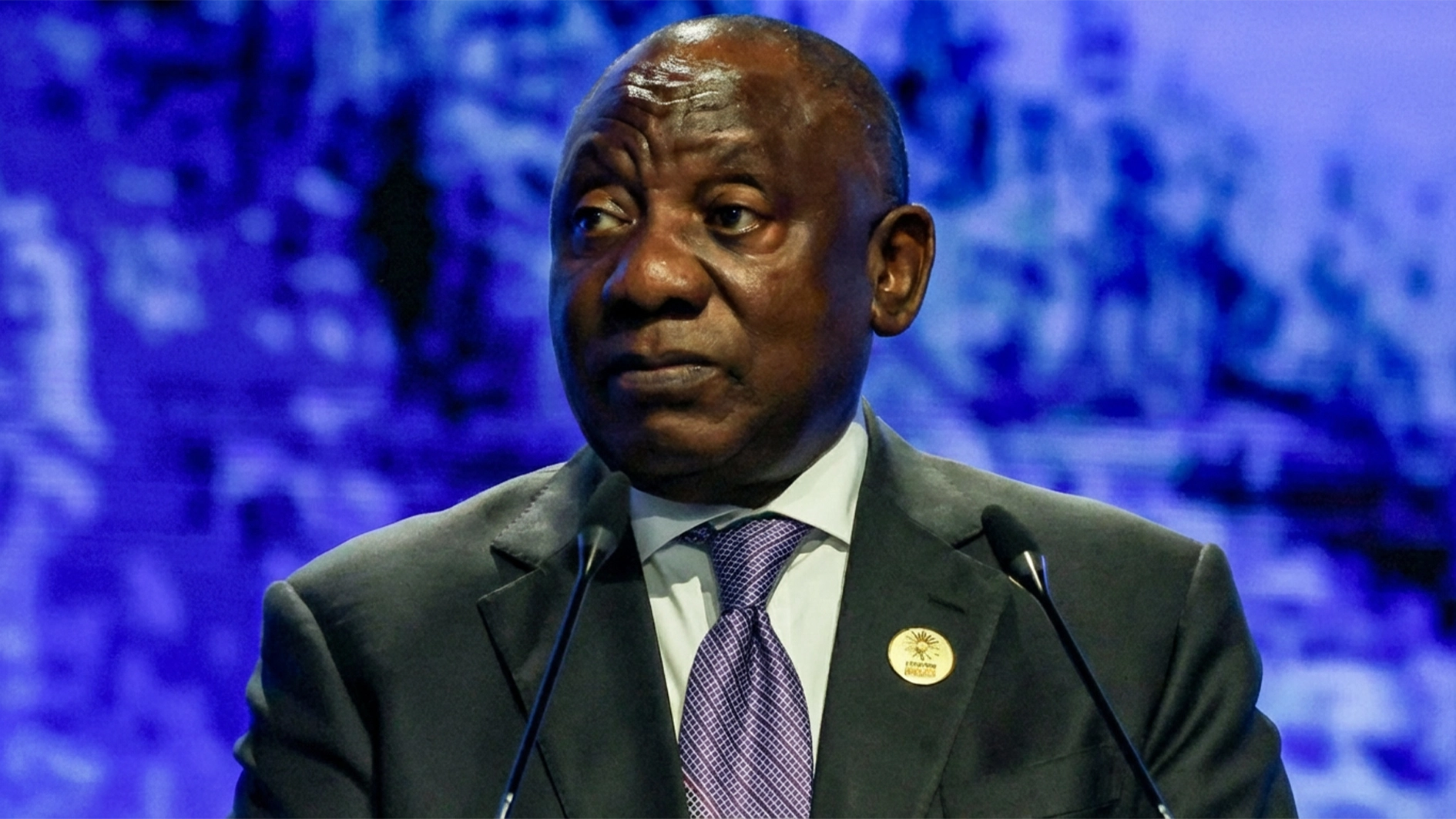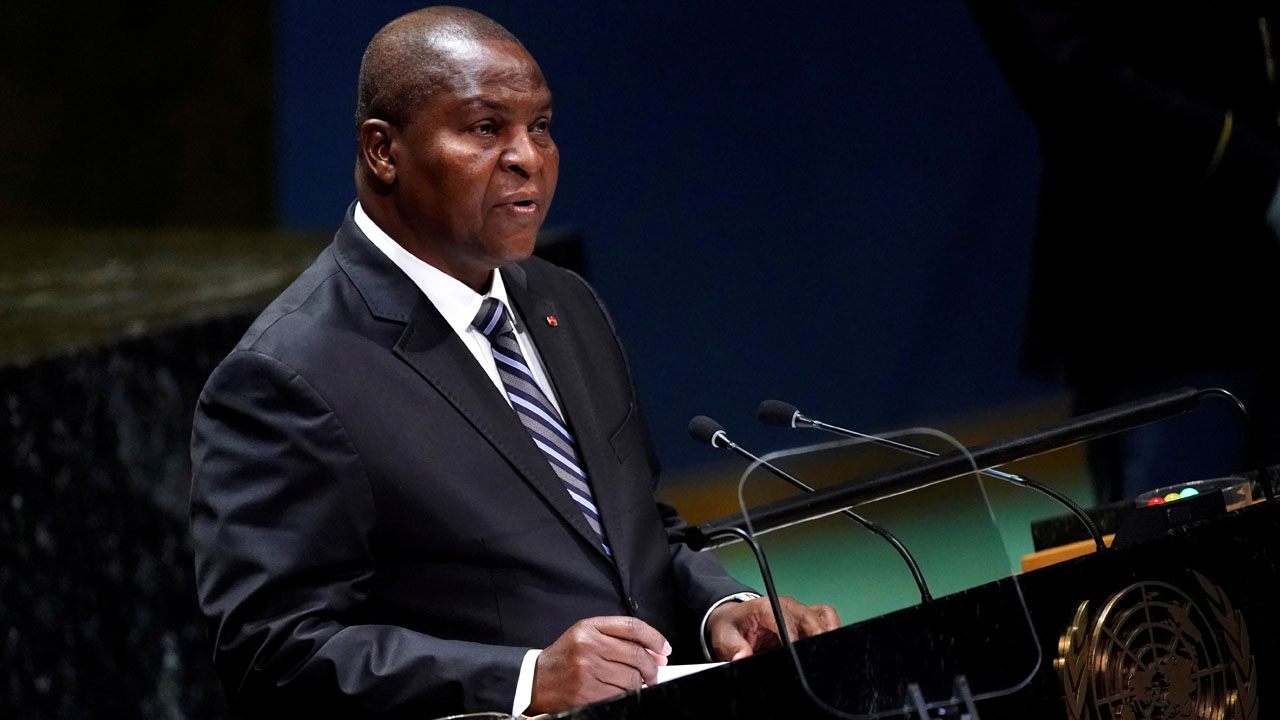Military officers in Guinea-Bissau declared “total control” of the coup-prone West African country on Wednesday, closing its borders and suspending its electoral process three days after general elections.
Their announcement followed heavy gunfire that rang out near the presidential palace earlier in the day, with men in military uniform taking over the main road leading to the building.
In the early afternoon, General Denis N’Canha, head of the presidential military office, told members of the press that a command “composed of all branches of the armed forces, was taking over the leadership of the country until further notice”.
He read the announcement seated at a table and surrounded by armed soldiers.
Incumbent president Umaro Sissoco Embalo, who had been favoured to win Sunday’s election, was inside a building behind military headquarters, “with the chief of staff and the minister of the interior,” a senior officer told AFP on condition of anonymity.
It was not immediately possible to confirm whether the president had been arrested.
Embalo and opposition candidate Fernando Dias had already each declared victory in the presidential race, with official provisional results expected Thursday.
The tumultuous West African country has experienced four coups since independence, as well as multiple attempted coups.
N’Canha, in his declaration, claimed to have uncovered a plan to destabilise the country “involving national drug lords” that had included “the introduction of weapons into the country to alter the constitutional order”.
In addition to halting “the entire electoral process”, he said military forces had suspended “all media programming” and imposed a mandatory curfew.
Guinea-Bissau is among the world’s poorest countries and is also a hub for drug trafficking between Latin America and Europe, a trade facilitated by the country’s long history of political instability.
Guinea-Bissau’s National Electoral Commission (CNE) was additionally attacked by unidentified armed men on Wednesday, commission communications official Abdourahmane Djalo told AFP.
– Repeat crises –
More than 6,780 security forces, including from the Economic Community of West African States (ECOWAS) Stabilisation Force, were deployed for Guinea-Bissau’s vote and the post-election period.
The country’s last presidential vote in 2019 was marked by a four-month post-election crisis as both main candidates claimed victory.
The election had pitted Embalo against Domingos Simoes Pereira, the candidate from the country’s main opposition party PAIGC, which secured Guinea-Bissau’s independence from Portugal in 1974.
The country’s 2025 election notably excluded PAIGC and Pereira, who were struck from the final list of candidates and parties by the Supreme Court, which said they had filed their official applications too late.
In 2023, Embalo dissolved the legislature — which was dominated by the opposition — and has since ruled by decree.
The opposition says PAIGC’s exclusion from the presidential and parliamentary elections amounts to “manipulation” and maintains that Embalo’s term expired on February 27, five years to the day after his inauguration.






